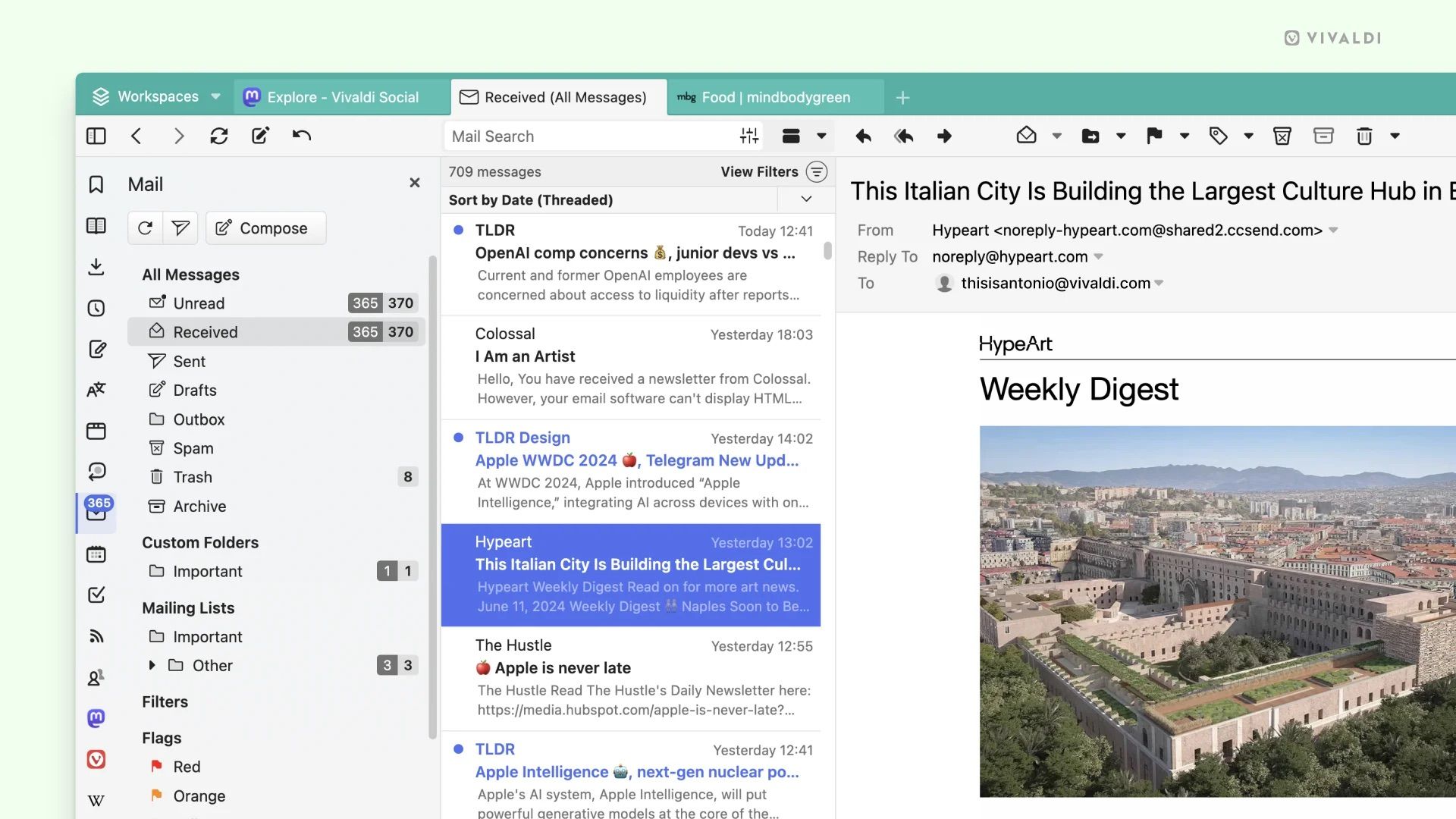There was a whole lot of tech news this week, from the arrival of Copilot+ Windows laptops to the release of new Spotify plans. Here are the biggest stories you might have missed.
The Big News
Spotify Has a New Secret Premium Plan
Spotify Basic is $1 cheaper per month for individuals, with one missing feature.
Android 15 Beta 3 Has Arrived
We’re getting close to the final release of Android 15, and Google has now released the third beta for eager testers and app developers.
Windows 11 24H2 Is Ready, but Not for Your PC
This year’s big Windows 11 update is on the first wave of Copilot+ PCs, but other PCs will have to wait a while longer.
Vivaldi’s Email Client Is Now Better Than Ever
If you don’t like the new Outlook, you might want to give Vivaldi’s updated email client a try.
Lenovo’s New Tablet Is All About All About That Bass
The Lenovo Tab Plus has eight integrated speakers.
Proton Drive Can Now Replace Google Photos on iPhone
Automated photo and video backups with full end-to-end encryption is coming to the Proton Drive app for iPhone and iPad.
Google is Selling a LEGO-Like Chrome Dinosaur Set
The pixelated dinosaur from Chrome’s offline error page now has its very own LEGO-like brick set. You can get it from Google’s online merch store.
Microsoft Is Serious About Gaming on ARM Windows Laptops
ARM Windows laptops won’t replace your gaming PC anytime soon, but now they can run many of the same games.
The Other Stuff
The first Copilot+ Windows laptops were released earlier this week, with Qualcomm’s ARM-based Snapdragon X Elite chipsets instead of the usual AMD or Intel processors found in PC laptops. We’ll have to wait and see how well they work over time, but they more closely match the power efficiency of Apple’s MacBook lineup (which use ARM-based Apple Silicon chips).
This has been a big week for Perplexity, a popular AI chatbot, but not in a good way. It was accused of stealing articles by Forbes, and investigations by Wired and MacStories confirmed that the chatbot is still reading news articles from sites that have explicitly blocked it.
Meanwhile, Apple’s rules about which emulators are allowed in the App Store are still not clear. The developer for iDOS just tried to publish its DOS emulator in the App Store, but it was rejected for not fitting the definition of “retro game console,” even though emulators for the similar Commodore 64 platform are already in the App Store.






